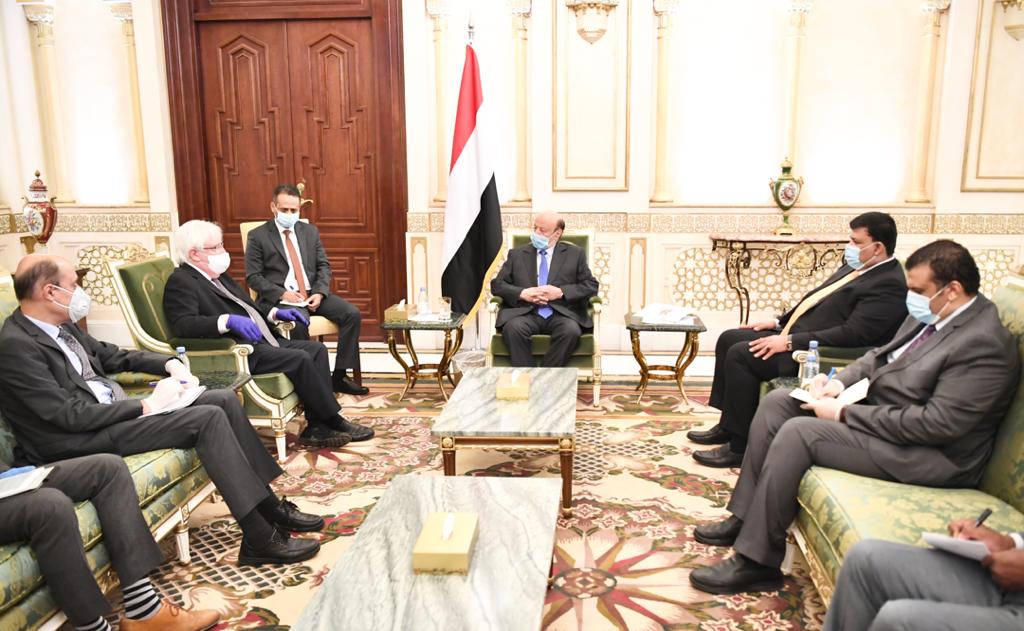LONDON: Palestine’s prime minister on Monday branded Israel’s annexation plan an “existential threat” to the Palestinian people and urged European countries to take the lead in multilateral peace negotiations.
In an online briefing premier Mohammad Shtayyeh said: “Annexation of the West Bank is part of the systematic destruction of a future Palestinian state, but not only that. It is an existential threat to Palestinians as a people.”
Israel’s parliament will on Wednesday vote on whether to initiate the highly controversial plan of annexing up to 30 percent of the West Bank.
Shtayyeh warned that if the move went ahead it could be the beginning of a far more expansive Israeli expansion, threatening almost all Palestinian land.
“This annexation is a creeping annexation — a gradual annexation — that will only end by Israel swallowing all of the West Bank. This would leave Palestinians only with Gaza,” he added.
Israel’s plans, which have been rejected outright by all Palestinian groups, were developed and approved by the US without consultation with the Palestinians.
Shtayyeh said this showed that America was not an “honest broker” in the negotiations and that it could not be trusted, adding that the US should no longer take the lead in the peace process.
Instead, the PM urged a “paradigm shift from bilateralism to multilateralism,” and pushed for European countries and the EU to take the lead in negotiating a fair settlement.
He proposed an international conference to start a multilateral process and said: “We are ready for serious negotiations based on international law.” He added that British and European recognition of Palestinian statehood would be a justified and significant step in supporting the Palestinian people.
In a late development on the issue Monday, Benny Gantz, Israeli Prime Minister Benjamin Netanyahu’s coalition partner, suggested that the annexation vote may not take place on Wednesday at all, saying that Israel should instead focus on fighting the country’s coronavirus disease (COVID-19) outbreak.
Netanyahu, however, told members of his Likud party that the issue was “not up to” Gantz.
Israeli plans for annexation have been met with widespread international condemnation, including from the Arab League, the Organization of Islamic Cooperation, and the EU.
Human rights experts from the UN have likened it to “21st-century apartheid,” and British Middle East minister, James Cleverly, told the UN Security Council last week that the UK “strongly opposes” annexation as a breach of international law. “Annexation could not go unanswered, and we implore Israel to reconsider,” he said.
However, it remains unclear what concrete steps the British government, EU and many other objecting countries will take should Israel follow through with the annexation.




